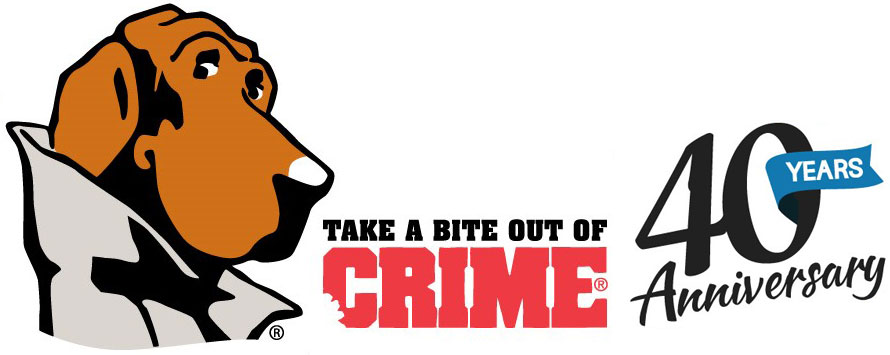Strategy Youth advisory boards provide valuable input into local agency policy, helping to ensure that policies are responsive to…
Strategy
Youth advisory boards provide valuable input into local agency policy, helping to ensure that policies are responsive to the needs and concerns of the youth population.
Community Problem Addressed
Since students make up a large part of the population, it is important to be aware of and sensitive to their needs. School safety and youth safety in general are issues that youth themselves know the most about. Police can be made aware of problems that they might not have otherwise known about and are more able to direct services to where they are needed the most.
Key Components
Youth should provide input on policymaking and program design through membership on existing advisory boards or on a separate youth advisory council for local schools, law enforcement agencies, public housing authorities, community-based foundations, or health services agencies. Youth boards do not have formal policymaking power, but they provide necessary input on agency or school policy that affects them. Boards can meet as infrequently as once every other month to discuss the issues that concern the youth.
Key Partnerships
Agencies wishing to put together a student advisory board can work with local schools. Since there are no real costs associated with this type of a program, it can be run without a separate budget.
Potential Obstacles
Parents may be apprehensive at first because they may feel their child is being used as a snitch. Mailing a letter home fully explaining the program can assure parents that the point is not to gain informants but rather input from youth into program design, identification of problems, etc. In order for this program to run successfully, there must be support and commitment from the community. It is also essential that youth see that their concerns are being addressed.
Examples of Success and Results
In LaGrange, Georgia [population 28,000], the chief of police’s Student Advisory Board was first implemented in the spring of 1997. Its purpose is to open the lines of communication between police and students. After noting an increase in youth crime in surrounding communities, the chief was determined to fend off similar problems in LaGrange before they got out of hand. Once every other month, two student representatives from each area high school and middle school meet with the chief and one principal over lunch to discuss community issues from a youth perspective. The only cost incurred is the price of lunch, which the police department covers. So far, the program has been very well received by the community and positively promoted through schools and media. Students feel better because their concerns are being addressed. The program’s success has helped promote more youth involvement in other community activities. The area Youth Coalition has started an anonymous crime hotline for teens that hear of or witness a crime. This idea originated with the advisory board.


